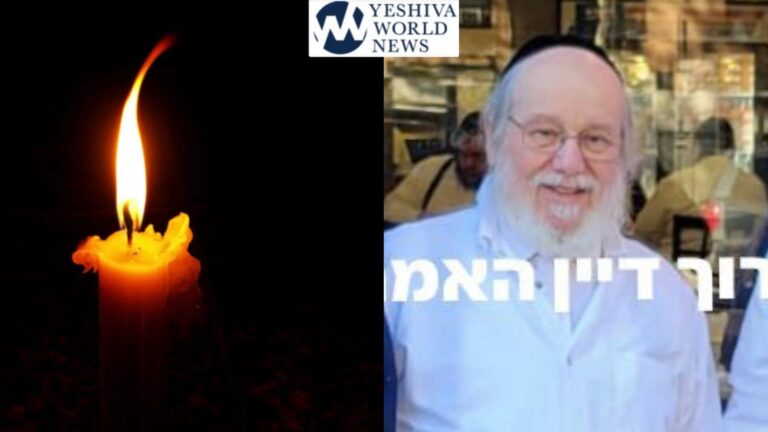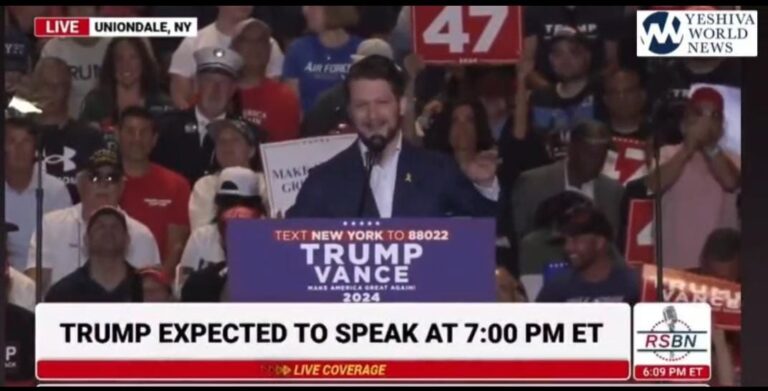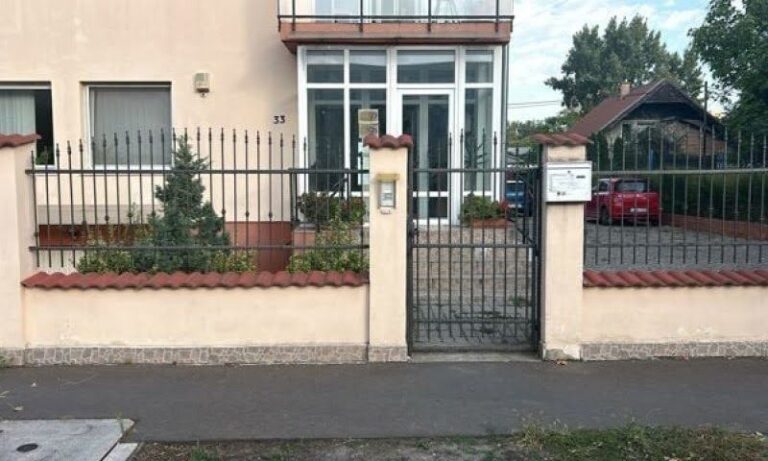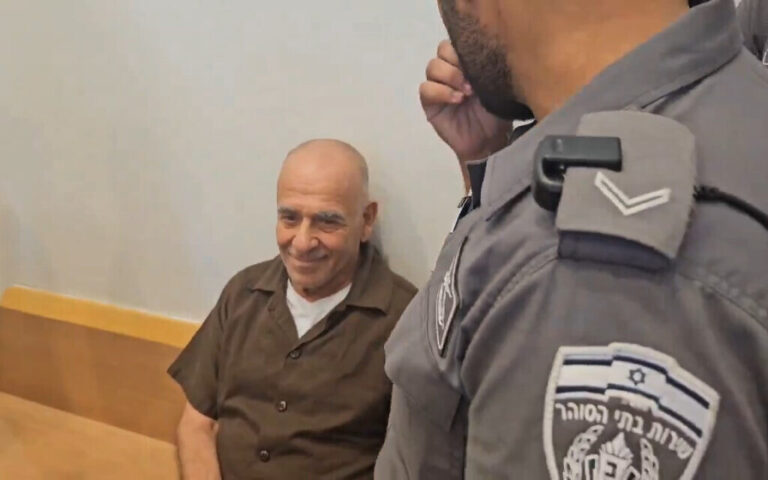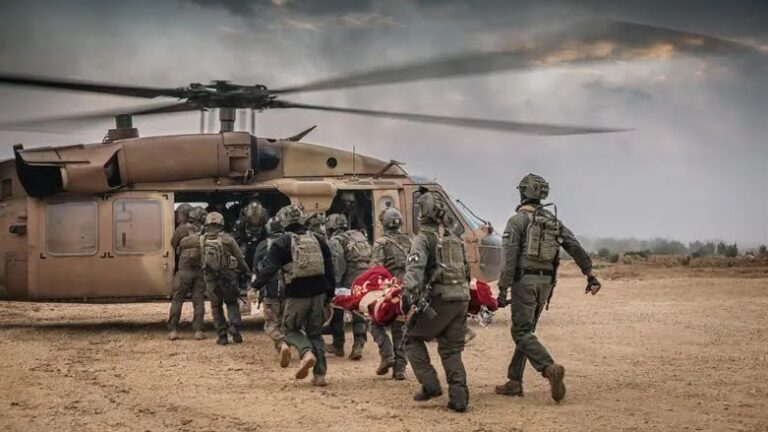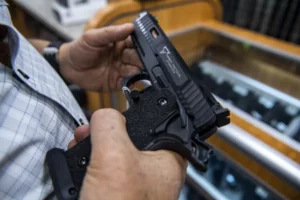
Turmoil In Courts On Gun Laws In Wake Of Justices’ Ruling
A landmark U.S. Supreme Court decision on the Second Amendment is upending gun laws across the country, dividing judges and sowing confusion over what firearm restrictions can remain on the books. The high court’s ruling that set new standards for evaluating gun laws left open many questions, experts say, resulting in an increasing number of conflicting decisions as lower court judges struggle to figure out how to apply it. The Supreme Court’s so-called Bruen decision changed the test that lower courts had long used for evaluating challenges to firearm restrictions. Judges should no longer consider whether the law serves public interests like enhancing public safety, the justices said. Under the Supreme Court’s new test, the government that wants to uphold a gun restriction must look back into history to show it is consistent with the country’s “historical tradition of firearm regulation.” Courts in recent months have declared unconstitutional federal laws designed to keep guns out of the hands of domestic abusers,felony defendants and people who use marijuana. Judges have shot down a federal ban on possessing guns with serial numbers removed and gun restrictions for young adults in Texas and have blocked the enforcement of Delaware’s ban on the possession of homemade “ghost guns.” In several instances, judges looking at the same laws have come down on opposite sides on whether they are constitutional in the wake of the conservative Supreme Court majority’s ruling. The legal turmoil caused by the first major gun ruling in a decade will likely force the Supreme Court to step in again soon to provide more guidance for judges. “There’s confusion and disarray in the lower courts because not only are they not reaching the same conclusions, they’re just applying different methods or applying Bruen’s method differently,” said Jacob Charles, a professor at Pepperdine University’s law school who focuses on firearms law. “What it means is that not only are new laws being struck down … but also laws that have been on the books for over 60 years, 40 years in some cases, those are being struck down — where prior to Bruen — courts were unanimous that those were constitutional,” he said. The legal wrangling is playing out as mass shootings continue to plague the country awash in guns and as law enforcement officials across the U.S. work to combat an uptick in violent crime. This week, six people were fatally shot at multiple locations in a small town in rural Mississippi and a gunman killed three students and critically wounded five others at Michigan State University before killing himself. Dozens of people have died in mass shootings so far in 2023, including in California, where 11 people were killed as they welcomed the Lunar New Year at a dance hall popular with older Asian Americans. Last year, more than 600 mass shootings occurred in the U.S. in which at least four people were killed or wounded, according to the Gun Violence Archive. The decision opened the door to a wave of legal challenges from gun-rights activists who saw an opportunity to undo laws on everything from age limits to AR-15-style semi-automatic weapons. For gun rights supporters, the Bruen decision was a welcome development that removed what they see as unconstitutional restraints on Second Amendment rights. “It’s a true reading of what the

